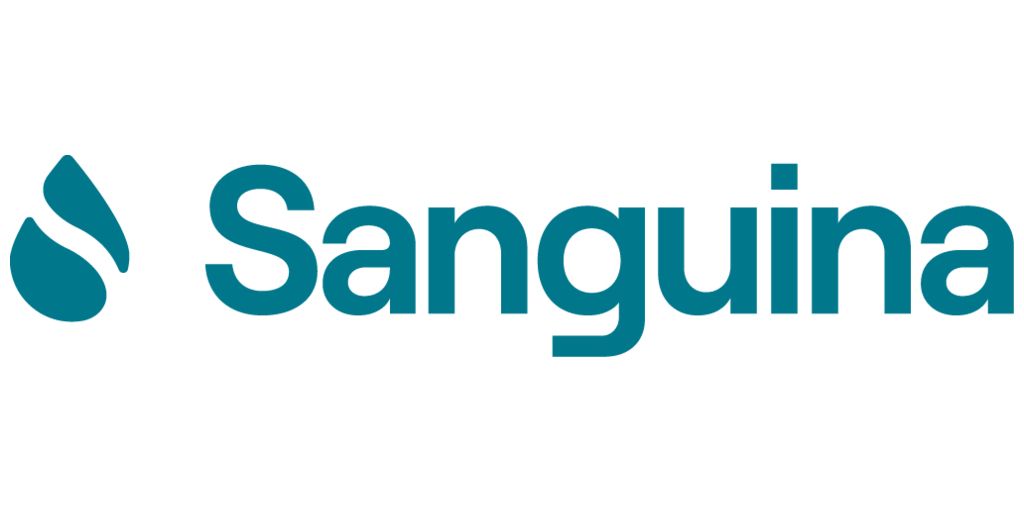PEACHTREE CORNERS, Ga.–( BUSINESS WIRE )–Sanguina, a leading biotech company focused on providing rapid home-based testing and management solutions, announced today the successful completion of its $2.8m Series A funding round . Led by Veritus Holdings , the round saw participation from notable investors, including George Hornig of The Seed Lab and Stephen Ippolito of Veritus Holdings. The funding will be used to accelerate the development and expansion of Sanguina’s innovative blood health management digital and at-home-based platforms.
Sanguina’s mission is to empower individuals by creating a platform of accessible tools for diagnosing, monitoring, and managing wellness and chronic conditions from the comfort of their own homes. Founded in 2019 as a spin-off from prestigious institutions such as the Georgia Institute of Technology, Emory University, Children’s Healthcare of Atlanta, and the Centers for Disease Control and Prevention (CDC), Sanguina has quickly made a mark in the biotech sector.

George Hornig and Stephen Ippolito of The Seed Lab and Veritus Holdings join Forbes 30u30 inventors and Sanguina co-founders Erika Tyburski and Rob Mannino, PhD, and world-renowned hematologist, Wilbur Lam, MD, PhD, on a Board with knowledge spanning decades in the healthcare, consumer behavior, consumer experience, and financial services industries.
Sanguina’s flagship product, the AnemoCheck app, is a digital health platform that estimates hemoglobin levels and aids users in managing anemia. In addition to the app, Sanguina boasts an FDA-cleared point-of-care test, which the company plans to expand for home use later this year. Anemia, characterized by low hemoglobin levels, affects over 1.6bn individuals each year and has always been a marker of both illness and wellness, as it coexists with many chronic diseases and can guide treatment regimens. In June, two large, independent peer-reviewed published studies featured in the Annals of Internal Medicine and Journal of the American Medical Association (JAMA) revealed that anemia is a chronic problem for very large categories of Americans, ranging from those taking daily aspirin to women and girls who have iron deficiency from a variety of conditions. Additionally, clinical hematologists reviewed several studies on anemia and reveal that chronic health inequity has caused many women and minorities to normalize their anemia.
With advancements in home testing and artificial intelligence, the management of anemia and other chronic conditions is moving towards preventive and personalized medicine. The Series A funding round will enable Sanguina to enhance its existing product suite with artificial intelligence and machine learning models, improving utility, performance, and accessibility. Furthermore, this funding will pave the way for the introduction of new biomarkers and indications, including home-based testing for circulation, dehydration, for management of other chronic diseases.
“We are thrilled to have secured this funding to further our mission of providing accessible tools for managing wellness and chronic conditions,” said Erika Tyburski, Co-founder and CEO of Sanguina. “This investment will enable us to enhance our technology and platforms, bringing us closer to our vision of becoming a leading provider of home-based testing solutions.”
With the successful launch of anemia management through the AnemoCheck app and point-of-care test, Sanguina has taken a major stride towards revolutionizing home-based testing and personalized disease management.
About Sanguina, Inc.
Sanguina, Inc. (Sanguina) is a leading biotech company focused on advancing accessible digital and at-home health platforms for rapid home-based testing and disease management. Founded in 2019, Sanguina aims to empower individuals by providing innovative solutions for diagnosing, monitoring, and managing wellness and chronic conditions. With a team of experienced scientists, engineers, and healthcare professionals, Sanguina is committed to positively impacting global healthcare. To learn more about Sanguina, please visit sanguina.com or on social media through Instagram , Facebook , Twitter , or LinkedIn.
Website: www.sanguina.com
Who is Sanguina video
Contacts
Jessica Tackett
Director of Marketing
jessy.tackett@sanguina.com

P: 404.221.0617
Fax: 404.448.3982
Email: admin@galifesciences.org
Address: 8607 Roberts Drive, Suite 250, Atlanta, GA 30350


